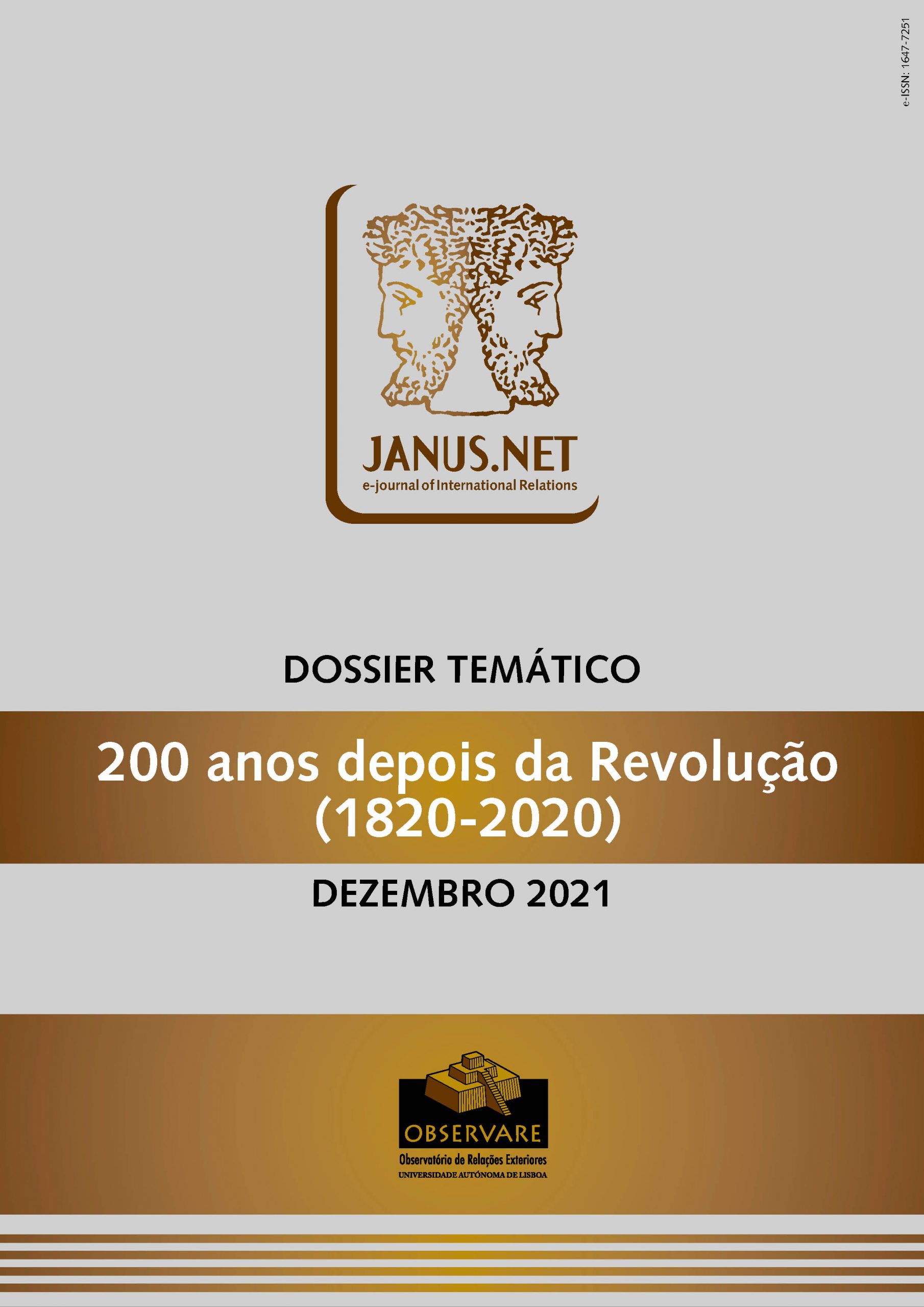Este texto insere-se no estudo que temos vindo a realizar sobre a educação no período liberal a partir das atas das sessões das Cortes. A análise da atividade parlamentar – o debate político e a consequente ação legislativa – conferiram relevo aos assuntos da Instrução e da Educação com o desígnio de satisfazer as necessidades do Estado Liberal. Sustentando-se na contribuição tributária do “subsídio literário,” imposto criado pelo Marquês de Pombal, em 10 de novembro de 1772, a sociedade Oitocentista reivindicou o direito de promover a instrução primária fundamentando a sua pretensão no cumprimento dos deveres ficais. A continuidade da ação política pombalina corporizou os interesses e a vontade da Nação liberal. Contudo a exigência ideológica do liberalismo reclamou no debate parlamentar a sua extinção. A oscilação entre continuidade ou rutura marcou a apreciação político-económica do “subsídio literário” em Oitocentos.
O SUBSÍDIO LITERÁRIO. CONTINUIDADE OU RUTURA?
Licenciada em História pela Universidade Autónoma de Lisboa (UAL) em 1987. Mestre em História Cultural e Política pela Universidade Nova de Lisboa em 1995. Frequentou o curso de doutoramento em Comunicación Institucional e Empresarial da Universidad Complutense de Madrid, tendo obtido o Diploma de Estudos Avançados em 2002. Participou em Novembro de 2007 na Universidade da Virgínia – Darden Bussinesss School & Curry School of Education- no curso para Leaders in Education School Turnaround Leadership Program,” Starting Fresh: Establishing Leadership, Building a Vision and Creating the Conditions for Student Success”. Frequentou o Programa Interuniversitário de Doutoramento em “História: mudança e continuidade num mundo global” e encontra-se a preparar a tese de doutoramento, publicando no âmbito do mesmo doutoramento diversos artigos avaliados por revisores. Assessora pedagógica do Conselho de Administração da UAL (Portugal), coordena os processos de submissão de novos ciclos de estudos e supervisiona os guiões para os ciclos de estudos em funcionamento
Resumo
This paper is part of the study carried out on education in the liberal period based on the minutes of the sessions of the Cortes. The analysis of parliamentary activity - the political debate and the consequent legislative action – indicates the importance paid to Instruction and Education matters with the aim of meeting the needs of the Liberal State. Based on the subsídio literário tax created by the Marquis of Pombal on 10 November 1772, nineteenth-century society claimed the right to promote primary education, basing its claim on the fulfilment of tax duties. The continuity of Pombal’s political action embodied the interests and will of the liberal nation. However, the ideological demand of liberalism demanded its extinction in the parliamentary debate. The oscillation between continuity or break marked the political-economic views on the subsídio literário in the 1800s.
Palavras-chave
Como citar este artigo
Ruas, Telma de Mattos (2021). O Subsídio Literário. Continuidade ou rutura? Janus.net, e-journal of international relations. Dossiê temático 200 anos depois da Revolução (1820-2020), Dezembro de 2021. Consultado [em linha] em data da última consulta, https://doi.org/10.26619/1647-7251.DT0121.4
Artigo recebido em 29 Setembro, 2021 e aceite para publicação em 2 Novembro, 2021















